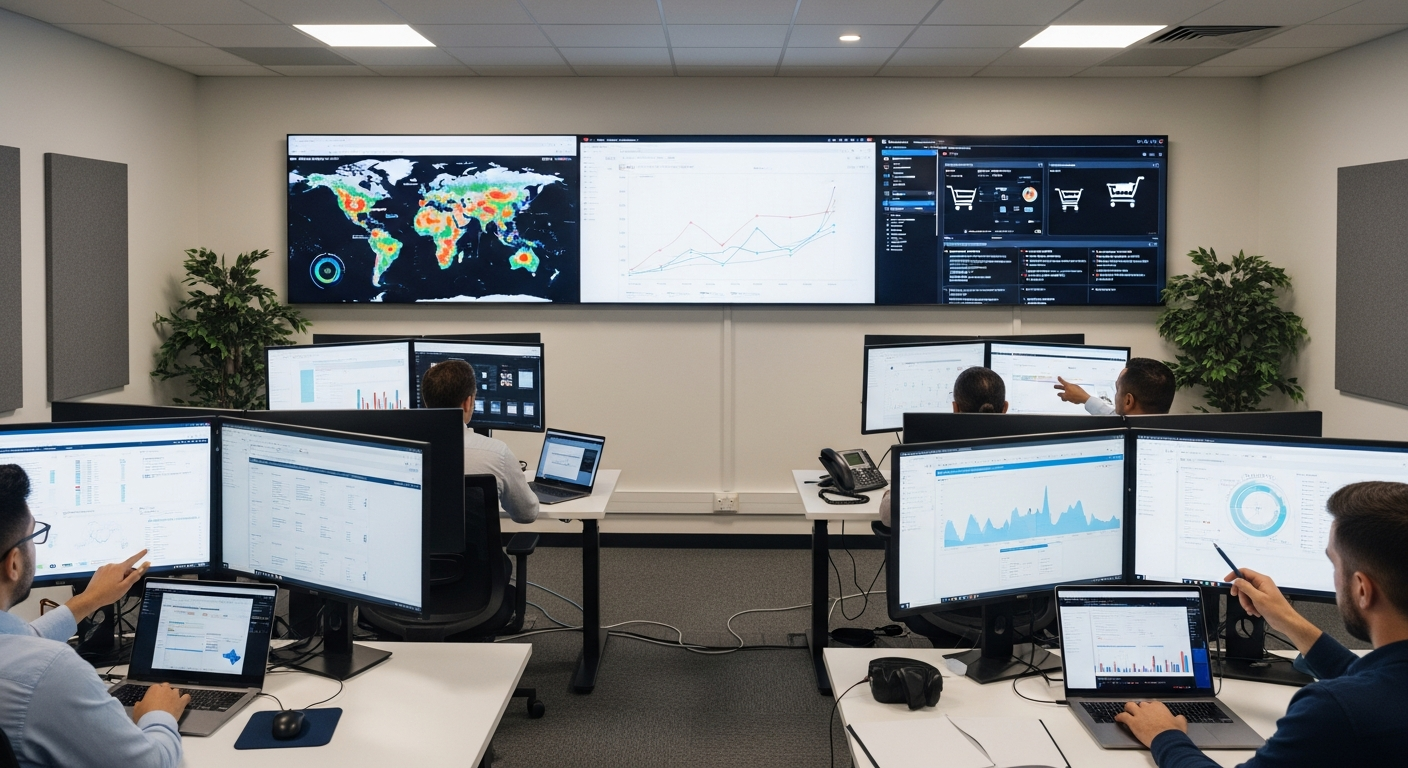Bridging Generational Gaps: Understanding the Influence of Generation Z
Introduction: As the youngest generation begins to take center stage, their impact on society is becoming more evident. Generation Z, those born from the mid-1990s to the early 2010s, is reshaping social norms and cultural landscapes. Read below to delve into their influence and understand how this generation is redefining societal structures.

The Emergence of Generation Z
Generation Z, also known as “Gen Z,” is the demographic cohort following Millennials. Born between the mid-1990s and the early 2010s, they are the first generation to have been born into a digital age, where the internet and technology are a constant presence. This early exposure to technology has significantly influenced their perspectives, behaviors, and interactions.
The Digital Natives
Gen Z’s familiarity and dependence on digital technology is one of their defining characteristics. They are aptly termed “digital natives,” having grown up in an era where information is at their fingertips. This digital immersion has led to a generation that values speed, efficiency, and immediacy, which has implications on how they work, learn, and communicate.
Shaping Societal Norms
Gen Z is known for their liberal attitudes towards social issues such as gender equality, racial diversity, and climate change. This generation’s push for inclusivity and diversity is reshaping societal norms and expectations. They’re not just passive observers; they want to be active contributors to societal change and are leveraging digital platforms to voice their opinions and drive movements.
Impact on Consumerism
The spending habits of Gen Z are influenced by their digital savviness and their social consciousness. They prefer brands that align with their values, support causes they believe in, and maintain a strong digital presence. This shift in consumer behavior is causing businesses to reevaluate their strategies, focusing more on corporate social responsibility and online marketing.
The Future of Work
Generation Z’s entrance into the workforce is bringing about significant changes. They value flexibility, autonomy, and purpose in their work, challenging traditional corporate structures. Their preference for digital communication is also transforming workplace dynamics, promoting a culture of remote working and digital collaboration.
In conclusion, Generation Z is a powerful force shaping societal norms, consumer behavior, and the future of work. Their digital immersion, liberal attitudes, and unique values provide a fresh perspective on societal structures. Understanding their influence is crucial to navigating and adapting to the evolving societal landscape.






